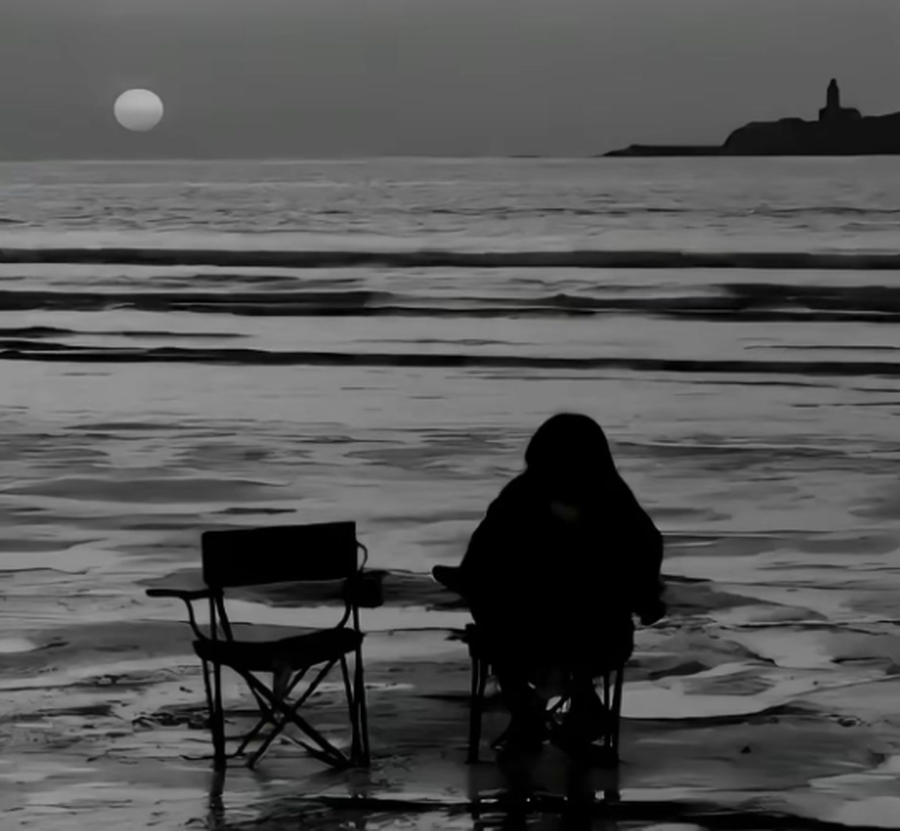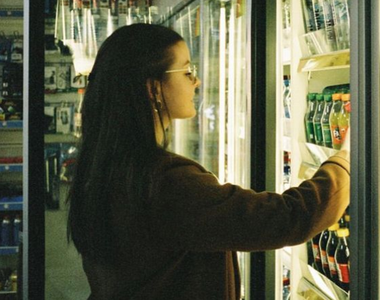
Few things in life are more certain and inevitable than death, and yet the way we experience it is among the most unpredictable. Sometimes, more than death itself, the way someone chooses to live the pain this natural process leaves behind is commented on.
Perhaps the idea has been created that there is a “recipe” for how we should “cry out” in pain, such as crying with sobs or isolation. In Albania, we often say the phrase “we are in mourning/we are mourning”, but are there any unwritten rules about this?
The expectations are clearly these: someone who loses a loved one should temporarily disconnect from the rest of the world, close themselves off in their own world and mourn, even paying tribute on social media, as proof that the death of their loved one has left an indelible mark.
Is that right?
There are people who burst into tears, others who remain silent, there are those who feel numb for days or weeks, and there are also those who, although shaken, continue to speak, to work, to face the world with a courage that can be misinterpreted as "lack of pain."
Yes, tears show pain, but often a smile accompanied by wandering eyes hides an incomparable pain.
The truth is that grief often does not have a time frame that defines exactly how much it hurts to see someone we loved leave this world. In fact, many people experience what is called denial of reality, while others, perhaps as a form of shield, have begun to see death not as the end of life, but as part of it.
What we must not forget is that in our own privacy, each of us can heal through tears, laugh at the memories that the deceased leaves behind, or perhaps refuse to accept reality.
Judging the way someone else copes with loss is a lack of solidarity with their pain and a failure to recognize human nature. There is no manual for what grief should "look like."
It is time for us as a society to understand that experiencing pain, such as the death of a loved one, is an intimate process, different for each of us. Let us allow people to feel in their own way. Let us be careful when approaching the pain of another. Let us not expect everyone to express grief in the same way.
Ultimately, no demonstration of what we feel is more "right" or more "worthy" than another. So, before we judge, let's understand that everyone's sadness, in whatever form we encounter it, should be respected.




